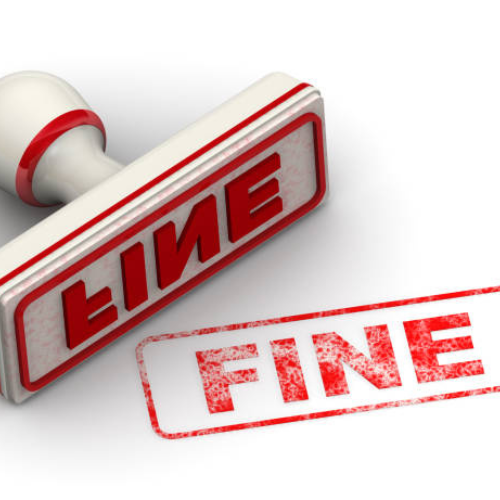VBCL (Vietnam Beverage Company Limited) has agreed to pay a hefty fine of $860,000. This penalty comes as a result of their involvement in selling alcoholic beverages to North Korea, which goes against strict U.S. laws known as sanctions. This case shows how serious the United States is about enforcing its rules, even when companies are based far away.
The Problem with North Korea
North Korea, officially called the Democratic People’s Republic of Korea (DPRK), is known for its strict government and isolated economy. Because of its actions, such as developing nuclear weapons, the U.S. has placed heavy sanctions on North Korea. These sanctions are like a set of rules that restrict what companies can sell or do with North Korea.
In this case, between April 2016 and October 2018, VBCL’s subsidiaries were involved in selling beer and other alcoholic drinks to North Korean companies. They received payments that went through banks in the U.S. In total, VBCL managed to get around $1.4 million from these sales. However, using U.S. banks for payments to North Korea is against the law because of the sanctions. This means that VBCL’s actions caused American banks to help send money to North Korea, which is not allowed.
How VBCL’s Sales Worked
VBCL is owned by a Thai company and sells various alcoholic beverages. To make sales to North Korea, its subsidiaries created contracts with North Korean businesses. They issued invoices in U.S. dollars, which means they asked for payments in the American currency. This practice is common in international trade, but in this case, it created a big problem.
From 2016 to 2018, VBCL’s subsidiaries signed 26 contracts to sell beer and spirits to two North Korean companies named Korea Samjin Trade Company and Korea Zo-Ming General Corporation. They also worked with two companies based in other countries, including Singapore and the Seychelles. After signing these contracts, they sent out 47 invoices to collect payments.
Japan, US and South Korea Create New Team for Sanctions Monitoring Against North Korea
The payments were made through wire transfers, totaling approximately $1,141,547. This money was sent from various companies in countries like Hong Kong, China, and Turkey, but all of them were ultimately paying for North Korean businesses. All these transactions went through U.S. banks, which makes it a clear violation of the sanctions.
Lack of Compliance and Major Consequences
At the time these sales were happening, neither VBCL nor its subsidiaries had any rules or programs in place to ensure they were following U.S. sanctions. They did not have a system to check if they were allowed to do business with North Korea or not. This lack of awareness contributed to the problem.
In December 2019, after changes in management, the new leaders of the subsidiaries discovered what had been happening. They immediately ordered an end to all business dealings with North Korea. To prevent this from happening again, they also created new policies and training programs to ensure compliance with U.S. laws. This included setting up teams to review all customer dealings and requiring background checks on customers.
The U.S. Treasury Department’s Office of Foreign Assets Control (OFAC) determined that VBCL did not voluntarily disclose its violations, meaning they did not come forward to report what they had done wrong. Because of this, OFAC assessed the potential maximum penalty, which could have been nearly $16 million. However, because VBCL cooperated with the investigation and took steps to fix its compliance issues, the fine was reduced to $860,000.
OFAC found that while VBCL’s actions were serious, they were not the worst kind of violation. The company showed some willingness to help during the investigation and made improvements to avoid similar issues in the future. However, OFAC pointed out that the subsidiaries should have been more careful when invoicing in U.S. dollars and processing payments through U.S. banks, especially since they were dealing with North Korean entities.
This case serves as a strong reminder to companies worldwide that they must be cautious when doing business in regions that are under U.S. sanctions. They need to have strong compliance programs to avoid unintentionally breaking these laws. The situation also emphasizes how important it is for businesses to understand the potential risks when working with foreign companies, especially those from countries that are heavily sanctioned.


